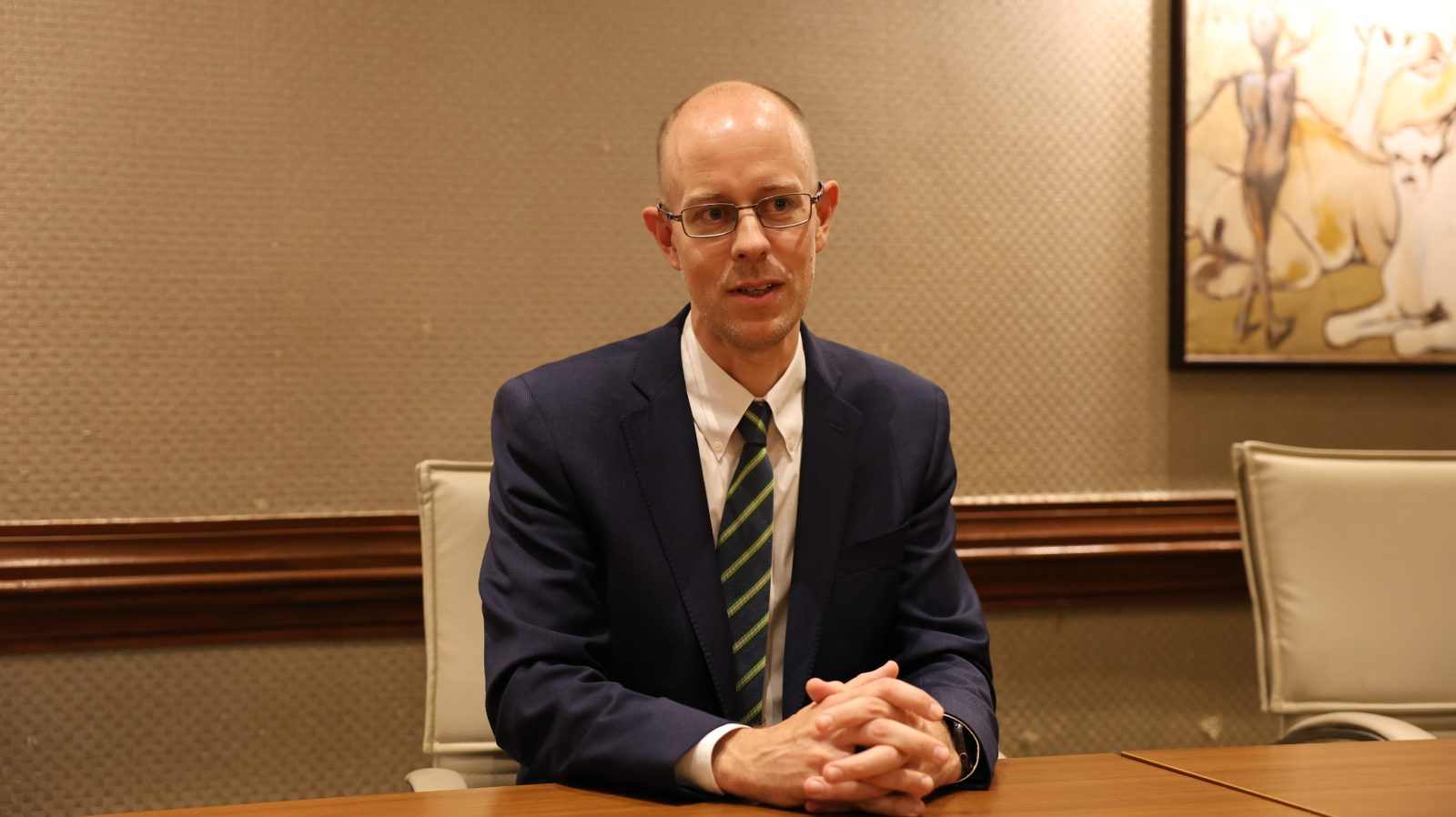Dr. Wilson Prichard, LoGRI’s Chair, Executive Director of the ICTD, and Associate Professor at the University of Toronto, recently participated as a facilitator and support person in a strategic planning workshop in Addis Ababa, Ethiopia. This two-day event, held in collaboration with the city’s Mayor and City Council, was part of the African Mayoral Leadership Initiative (AMALI) and aimed to enhance revenue mobilization, particularly through property taxation.
AMALI is a comprehensive initiative empowering city leaders across Africa to uplift their communities. Through tailored mentorship and guidance from experienced coaches, including former heads of government and mayors, participants refined their visions for urban development. The 2024 cohort introduced in January included 15 members from nine African countries, each selected for their ambition and vision to drive positive change.
The workshop brought together around 70 senior leaders from the Addis Ababa Administration and focused on revenue mobilization strategies. Mayor Adenech Abebe, elected in 2021, intends to anchor and fund her governance and transformation agenda from improvements to the city’s revenue mobilization functions. These efforts are supported by Big Win Philanthropy and AMALI.
During the workshop, several strategic priorities were identified:
- Expanding the Tax Base: Targeting high-priority firms and individuals within the informal sector.
- Graduating Larger Firms: Moving firms from presumptive tax regimes to full taxpayer status.
- Enhancing House-Related Taxation: Focusing on property and rental income taxes.
- Digitalizing Administration: Improving digital administration for medium-sized businesses and introducing electronic tax registers.
- Strengthening Non-Tax Revenues: Enhancing municipal services and land administration.
Discussions with Mayor Abebe, Deputy Mayor Jemallu Jenber Bekele, and Revenue Board head Adem Nuri identified potential areas for collaboration. LoGRI could support research or advisory activities to address the city’s revenue-raising priorities. One opportunity involves conducting a pilot survey to identify rental properties and their approximate rental values, enhancing tax coverage, given the rapid growth of Addis Ababa’s real estate market.
Dr. Prichard also noted gaps in the city’s property tax system, highlighting opportunities for collaborative solutions. Enhancing technical support for property tax reform, including property mapping and consistent valuation methodologies, is essential for broadening tax coverage and increasing revenue. Additionally, improving receipt issuance with measures like electronic tax registers and incentivizing receipt requests through a lottery and audit program is crucial. Leveraging property ownership data to identify affluent taxpayers and cross-referencing it with personal income tax records offers another avenue for potential reform, drawing on successful models from countries like Uganda.
Ongoing efforts to identify sizable informal businesses using VAT chain data, despite challenges in data sharing with the national government, underscores the importance of visualizing the system and crafting targeted strategies to identify non-compliant taxpayers and larger informal operators more efficiently.
The workshop stressed Addis Ababa’s significant potential for revenue mobilization. The city’s commitment to transforming its revenue mobilization strategies, backed by the guidance and expertise of initiatives like AMALI and LoGRI, marks a crucial step towards sustainable urban development and improved public services for its residents.


